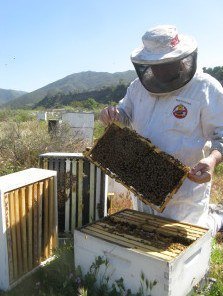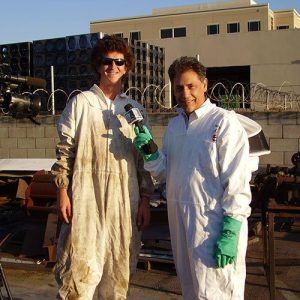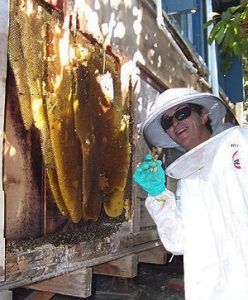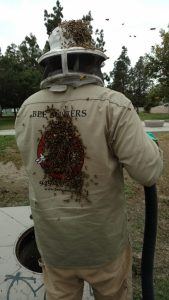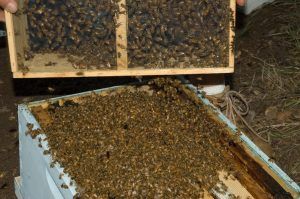Honey Bee Removal and Rescue: Protecting Your Home and the Environment
Honey bees are an essential part of our ecosystem, playing a crucial role in pollination and maintaining the balance of nature. However, when these industrious insects decide to make their home on your property, it can lead to potential risks and inconvenience. At Bee Busters, we understand the importance of both protecting your home and preserving the well-being of honey bees. Our dedicated team specializes in safe and effective honey bee removal and rescue services throughout Orange County, CA.
The Importance of Professional Honey Bee Removal
While honey bees are generally docile creatures, they can become defensive when their hive is threatened. Attempting to remove a honey bee colony on your own can be dangerous, as it may provoke the bees and lead to stings. Additionally, improper removal techniques can harm the bees and damage their hive structure, which is vital for their survival.
At Bee Busters, we have the expertise and equipment necessary to safely remove honey bee colonies from your property. Our experienced technicians are trained in the latest bee removal techniques, ensuring that the process is carried out efficiently and with minimal disruption to both you and the bees.
Our Honey Bee Rescue Process
When you contact Bee Busters for honey bee removal, we follow a meticulous process to ensure the best outcome for both you and the bees. Here’s what you can expect:
- Assessment: Our team will assess the location and size of the honey bee colony on your property. We will determine the most appropriate removal method based on the specific situation.
- Preparation: We will take necessary precautions to protect your property and ensure the safety of our technicians during the removal process.
- Removal: Using specialized equipment and techniques, we carefully remove the honey bee colony from your property. We take great care to preserve the hive structure and minimize any disturbance to the bees.
- Relocation: Once the colony is safely removed, we relocate the bees to a suitable environment where they can thrive. This may include apiaries or other safe locations that support the conservation of honey bees.
Throughout the entire process, we prioritize the well-being of the honey bees. We understand their importance to our ecosystem and strive to ensure their survival during and after the removal process.
Why Choose Bee Busters?
When it comes to honey bee removal and rescue in Orange County, CA, Bee Busters stands out from the rest. Here are a few reasons why our customers trust us:
- Expertise: Our team consists of highly trained and experienced professionals who have a deep understanding of honey bee behavior and removal techniques.
- Eco-Friendly Approach: We prioritize the conservation of honey bees and use methods that minimize any harm to these important pollinators.
- Comprehensive Services: In addition to honey bee removal, we also offer bee proofing solutions to prevent future infestations and protect your property.
- Availability: We understand that honey bee issues can arise at any time. That’s why we offer prompt and reliable services, ensuring that we are there when you need us most.
At Bee Busters, we handle bee removal and rescue with the utmost care and professionalism. When we remove and rescue the bees, we work hard to keep the bees alive so that they can be removed safely. We never fail, are always available, and are proud to service a wide range of regions, including Irvine, Laguna Beach, Laguna Hills, Lake Forest & Mission Viejo, CA.
If you are experiencing a honey bee infestation on your property, don’t hesitate to contact Bee Busters. Our dedicated team is ready to assist you and ensure the safe removal and relocation of the honey bee colony. Together, we can protect your home while preserving the incredible value that honey bees bring to our environment.

